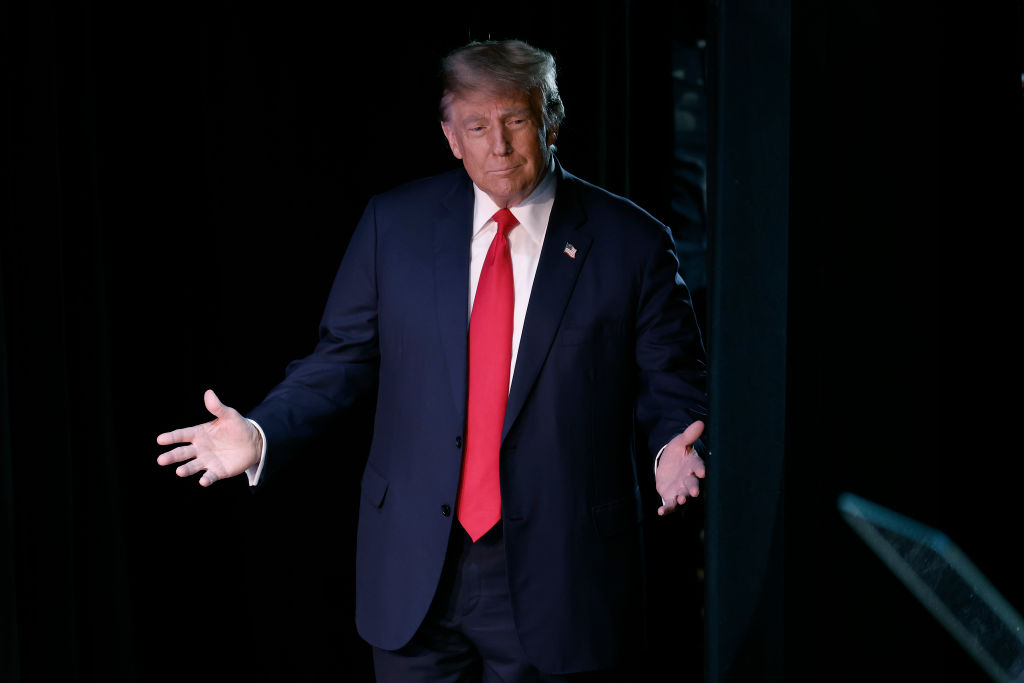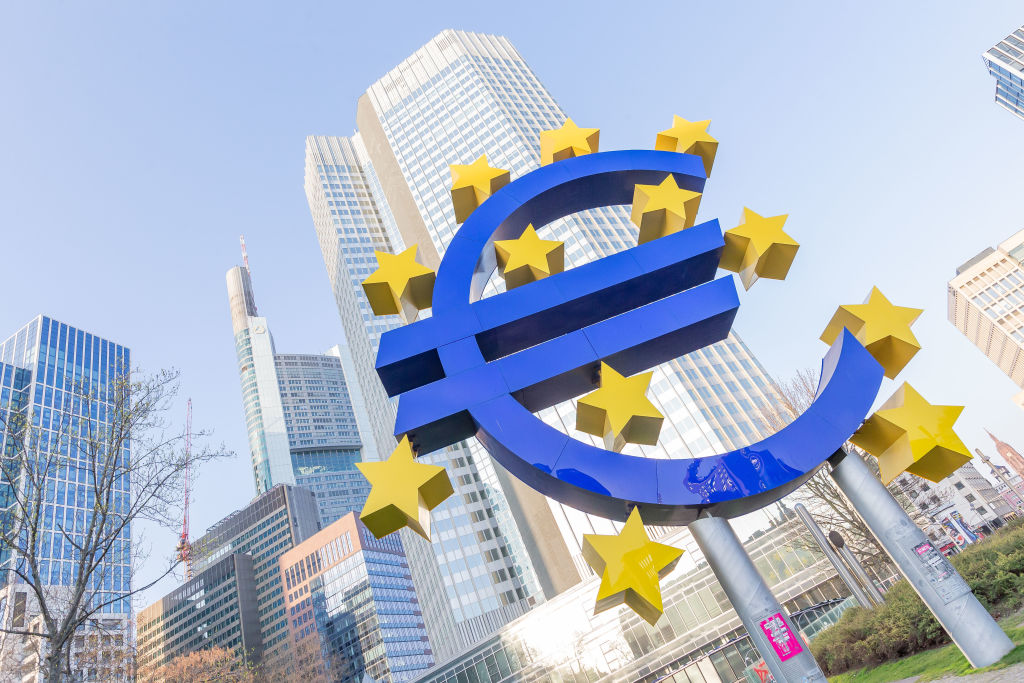Sir Gerald Howarth, a former British minister for International Security Strategy, has written a perceptive foreword to the new book The Music Stops, Net Zero and National Security, by three well-respected experts in their fields: Gwythian Prins (environmentalist), Gautam Kalghatgi (energy and combustion fuels), and Guy de la Bedoyerte (classic historian).
In it, Sir Gerald sketches with suitable concern but no hyperbole the turning point that the Western Alliance has now reached. He affirms the universal satisfaction at Western success in the Cold War which was conducted for 45 years after the end of World War II under the constant shadow of the threat of nuclear devastation but ended with the dissolution of the Soviet Union and the collapse of international communism. Since then, he remarks “We and most of our allies have happily taken the so-called peace dividend: steadily reducing our conventional defense capability. All of a sudden it’s a massively different story.”
He briefly recites the dismal sequence of Russian President Putin ignoring the 1995 Budapest memorandum signed by then Russian President Yeltsin, President Clinton, and British Prime Minister John Major, which guaranteed the sovereignty, independence, and specifically the existing borders of Ukraine in exchange for Ukraine, along with Kazakhstan and Belarus, giving up the large arsenal of nuclear weapons inherited from the USSR.
Putin annexed Crimea with no consequences in 2014 and started his nonsensical claims about Ukraine being governed by Nazis. President Biden gratuitously assured Putin in response to a journalist’s question in a press conference in 2022 that the United States was not concerned about a minor incursion in Ukraine and that in no circumstances would the United States intervene with ground forces if he invaded Ukraine.
Sir Gerald naturally touches upon the quasi-precedent of the late 30s, with the systematic appeasement of Germany and even Italy and the failure, until it was almost too late, of the democracies to rearm. Of course, the situations can easily be distinguished: Germany was by a considerable margin the greatest industrial power and soon the greatest military power in Europe, it was less than 20 years after the terrible hecatomb of World War I, Britain and France had no reliable allies in Europe and could not count on any early assistance from the United States.
We are now discussing uncertain responses to a Russia that has been sheared of more than fifty percent of the Soviet population, has a smaller GDP than Canada, is a less powerful country than Germany, France, or the United Kingdom, has only a fraction of the strategic strength of the United States, and has floundered ineffectively in his former province of Ukraine for two years. The defection of a mercenary leader who conducted an unobstructed march on Moscow from the front lines almost halfway to his destination, before being bought off and then murdered, was not a show of strength by Putin or his mountebank gangster regime.
But Sir Gerald makes a powerful point in stating that the requirements of security for the West are endangered by the fixation on the lunatic Net Zero environment policy and the book that he introduces reveals “the intrinsic nonsense of Net Zero: closing down UK steel plants and importing steel products from coal-powered China and shipping them halfway around the world does nothing to cut carbon emissions”.
The indecisive response of the West to the Russian invasion of Ukraine has been an encouragement to other potentially aggressive powers including China as it covets Taiwan, North Korea as it attempts to intimidate its neighbours (especially South Korea), and Iran as it encroaches upon the Arabs and even skirmishes with Pakistan.
Professor Prins makes the point that our adversaries are exploiting our self-punitive green policy and rejoicing as we sacrifice defence capability for pursuit of a complete absence of carbon emissions. He cites the asseveration of Veterans for Britain that “It is not the job of the Ministry of Defense to engage in climate catastrophism virtue signaling but to prepare to defend the realm, quite possibly quite soon.”
The basic thesis of this book, which is endorsed persuasively in the foreword, is that Europe will not be able to deter aggression if it is not perceived to be determined to repulse aggression and to be evidently capable of doing so, and to achieve this it will be necessary to abandon the professed commitment to eliminate carbon emissions. All three of the authors and Sir Gerald Howorth emphasize that Net Zero is a nonsensical and completely unjustified objective anyway.
A thoroughly responsible and defensible environment policy can be developed and pursued without going to such draconian and unfeasible extremes. The longer we continue on this mistaken course, the greater is the risk that we inadvertently persuade Russia, China, and lesser powers such as Iran that we will not oppose them as they reabsorb territories they formerly controlled, and then pursuing ambitions beyond their previous appetites.
It would be an unimaginable misfortune if eco-faddishness so distracted the West, and especially Europe, where it is much more firmly rooted than in North America, to handicap its deterrent capacity in a way that encourages the aggressions of anti-democratic powers. That is now a grave danger.





If you want to understand what is happening in the United States, be sure not to read The Guardian or Sidney Blumenthal